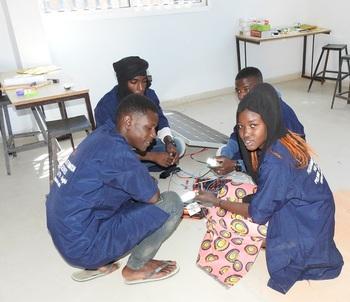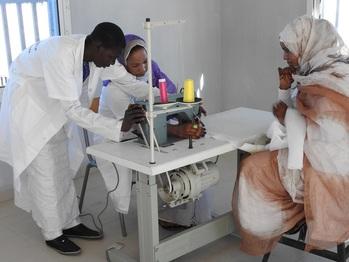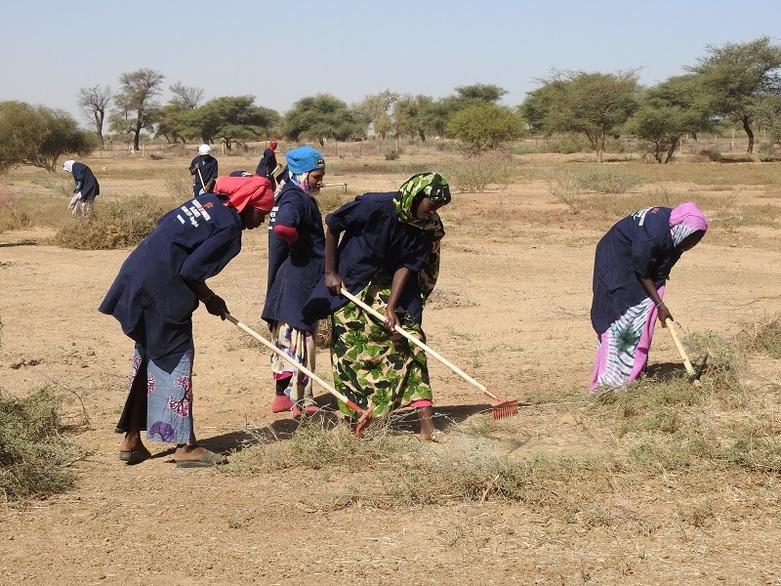Context
In Mauritania, half of the population lives in poverty – roughly 70 per cent of them in rural areas. This is partly because, in rural areas, many people are employed in agriculture. Farming offers women in particular opportunities to get involved in economic life. Yet the development of agriculture and skilled trades is slow. That is why young people especially, who are severely affected by unemployment, find it increasingly hard to find jobs in these sectors.
The topic of employment is on the political agenda. However, it has so far been insufficiently streamlined to adopt a hands-on approach in sector policy, funding programmes and existing institutions. The decentralised structures in the public, private and civil-society sectors for providing support in the various regions are sparse.
The local business development system is weak. The vocational education and training system can draw on support from regional education and training centres. However, services have to be better geared to the actual needs and market demand. Careers advice and guidance structures are poorly developed and scarce. As a result, the employment situation for young people remains unsatisfactory.
Objective
The employment situation of young people in selected regions of Mauritania is improved and the rural structures for promoting employment are in place.


